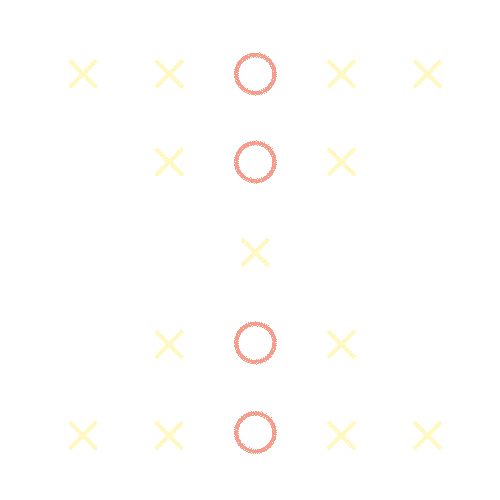Pelvic floor dysfunction is more common than many people realize, affecting individuals of all genders. Just like any other muscle group, the pelvic floor can become too tight, too weak, or both—leading to pain and increasing the risk of injury.
How can acupuncture help for pelvic floor dysfunction?
How Can Acupuncture Help with Pelvic Pain?
Acupuncture can be a game-changer for pelvic pain because it addresses multiple factors that contribute to the discomfort. Here's how:
Pain Relief: Acupuncture stimulates the release of endorphins, which are your body's natural painkillers. These endorphins can help reduce the intensity of pain signals.
Reduced Inflammation: Chronic inflammation is often a big player in pelvic pain. Acupuncture can help regulate the immune system and reduce inflammation, providing relief.
Improved Blood Flow: Better circulation to the pelvic region can help nourish tissues and reduce pain. Acupuncture can enhance blood flow, promoting healing.
Nervous System Regulation: Acupuncture can calm the nervous system, reducing the sensitivity to pain. This is especially helpful if you're dealing with chronic pain.
Specific Conditions and How Acupuncture Can Help
Now, let's look at some specific conditions where acupuncture can be particularly beneficial:
1. Dyspareunia (Painful Intercourse)
Dyspareunia, or painful intercourse, can be caused by various factors, including inflammation, muscle tension, or nerve sensitivity. Acupuncture can help by:
Reducing Muscle Tension: Acupuncture can relax the muscles in the pelvic floor, easing pain during intercourse.
Improving Blood Flow: Enhanced circulation can help heal tissues and reduce inflammation.
Calming Nerves: Acupuncture can reduce nerve sensitivity, making intercourse less painful.
Research Support: A study published in the Journal of Sexual Medicine found that acupuncture can significantly reduce pain and improve sexual function in women with dyspareunia.
2. Endometriosis
Endometriosis is a condition where tissue similar to the lining of the uterus grows outside the uterus, causing pain, inflammation, and fertility issues. Acupuncture can help manage endometriosis symptoms by:
Reducing Pain and Inflammation: Acupuncture has been shown to reduce pain and inflammation associated with endometriosis.
Regulating Hormones: Acupuncture can help balance hormones, which can alleviate some of the symptoms of endometriosis.
Research Support: A systematic review of randomized controlled trials showed that acupuncture can alleviate dysmenorrhea and reduce the levels of CA-125 protein in the blood, a marker often elevated in those with endometriosis.
3. Dysmenorrhea (Painful Periods)
Dysmenorrhea, or painful periods, is a common issue for many women. Acupuncture can help by:
Reducing Pain: Acupuncture can stimulate the release of endorphins, reducing pain during menstruation.
Improving Blood Flow: Enhanced circulation to the uterus can help reduce cramping and pain.
Reducing Inflammation: Acupuncture can help lower inflammation, which often contributes to painful periods.
Research Support: A study in the Journal of Alternative and Complementary Medicine found that acupuncture can effectively reduce menstrual pain and improve quality of life in women with dysmenorrhea.
What to Expect During an Acupuncture Session
If you're considering acupuncture for pelvic pain, here's what you can expect:
Consultation: Your acupuncturist will start with a thorough consultation to understand your medical history and specific symptoms.
Treatment Plan: Based on the consultation, they'll develop a personalized treatment plan.
Needle Insertion: During the session, thin needles will be inserted into specific points on your body. You might feel a slight prick or a mild sensation, but it's generally not painful.
Relaxation: You'll typically relax for 20-30 minutes with the needles in place.
Follow-Up: You'll likely need multiple sessions to experience the full benefits of acupuncture.
Final Thoughts
Dealing with pelvic pain can be challenging, but acupuncture offers a natural and effective way to find relief. Whether you're struggling with dyspareunia, endometriosis, dysmenorrhea, or other pelvic pain conditions, acupuncture can help reduce pain, lower inflammation, improve blood flow, and regulate your nervous system. If you're looking for a holistic approach to managing your pain, consider giving acupuncture a try!






